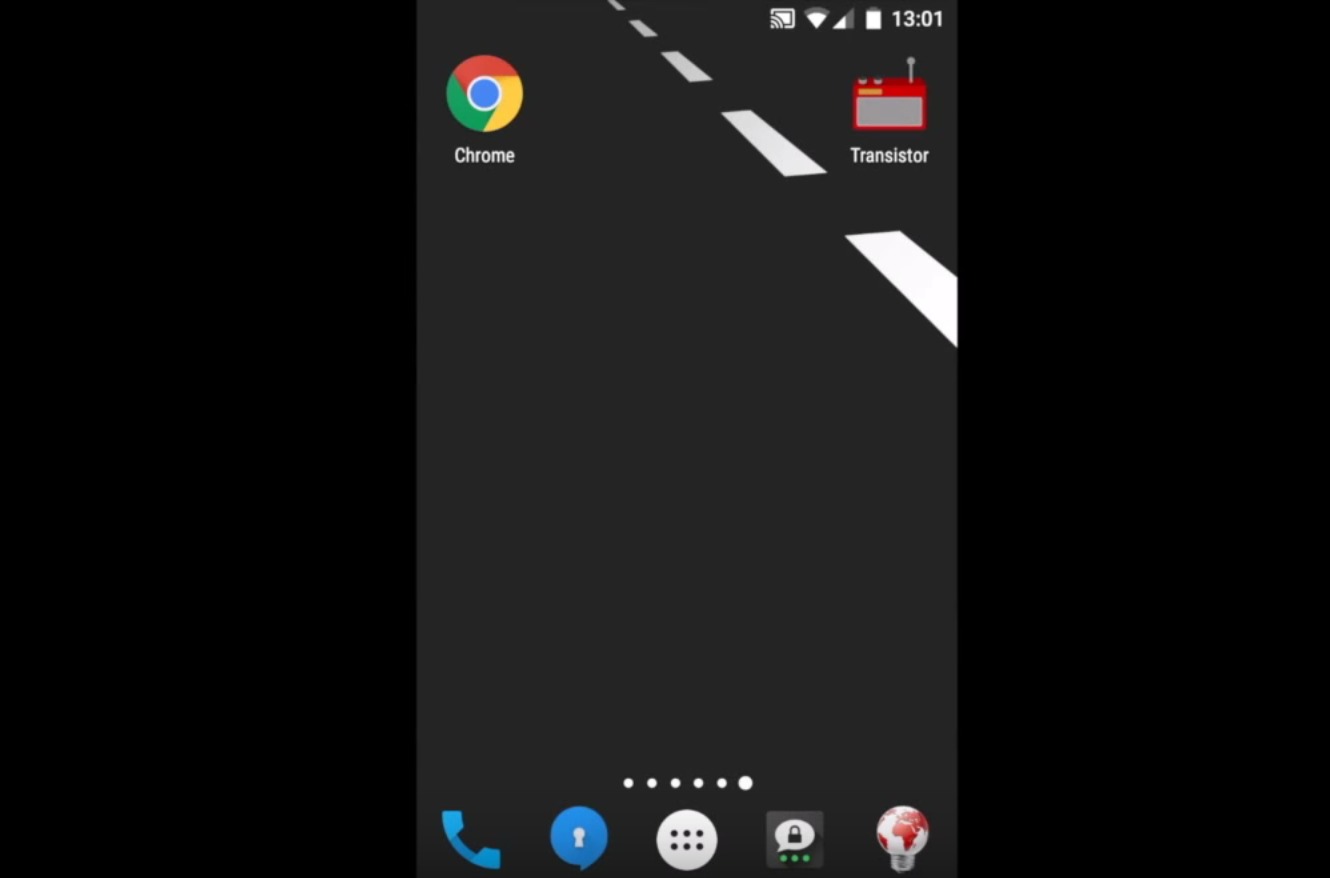
Listening to “old school” radio stations is one of the lost arts of the 21st century. You already have your on demand music streaming services and your podcasts, so why would you still listen to terrestrial radio stations, or even those that have gone digital? Well, there are still some people who would love to do so for one reason or another. And now we can say, there’s an app for that, and it’s called Transistor.
For those who were born way beyond the period where Transistor was a common word, it refers to a kind of radio where people listened to shows and music, way before there was a computer that can do so as well. And now it is a bare-bones, no frills app whose only function is to allow its users to listen to radio programs over the Internet. When you save a station, it saves it onto your device’s external storage as an m3u and pls link.
To be able to add a station to your collection, you have to search for streaming links and then make Transistor the default handler for those file types. There is also a + button on the app where you can paste the links directly to add to Transistor. Other than that, there is nothing much to do except to just play the station or program whenever you feel like it.
You can download Transistor from the Google Play Store for free. And for those who have never experienced actually listening to a radio program (that is not Spotify or YouTube), then you should try this out and find out why people still listen to them until this day.










“For those who were born way beyond the period where Transistor was a common word, it refers to a kind of radio where people listened to shows and music, way before there was a computer that can do so as well. ”
Bulldust!
For those who read this know that the writer is ignorant of what a transistor is. It is an electronic component that replaced vacuum tubes. A pocketable radio receiver using these devices is known as a transistor radio. Calling it a Transistor is a misnomer.
Anyone presuming to write a technical column should get the technical terms right!
Everyone used to call it transistor, even if it wasn’t correct at that time. I’ve never heard anyone say “let me turn on my transistor radio”. Chill, man.
It’s OK for journalists to get their facts wrong?
It’s OK for people not to be douchebags. There is nothing wrong in callin things as everybody else is calling them.
Not everyone….
I thought that I was the only one who noticed…